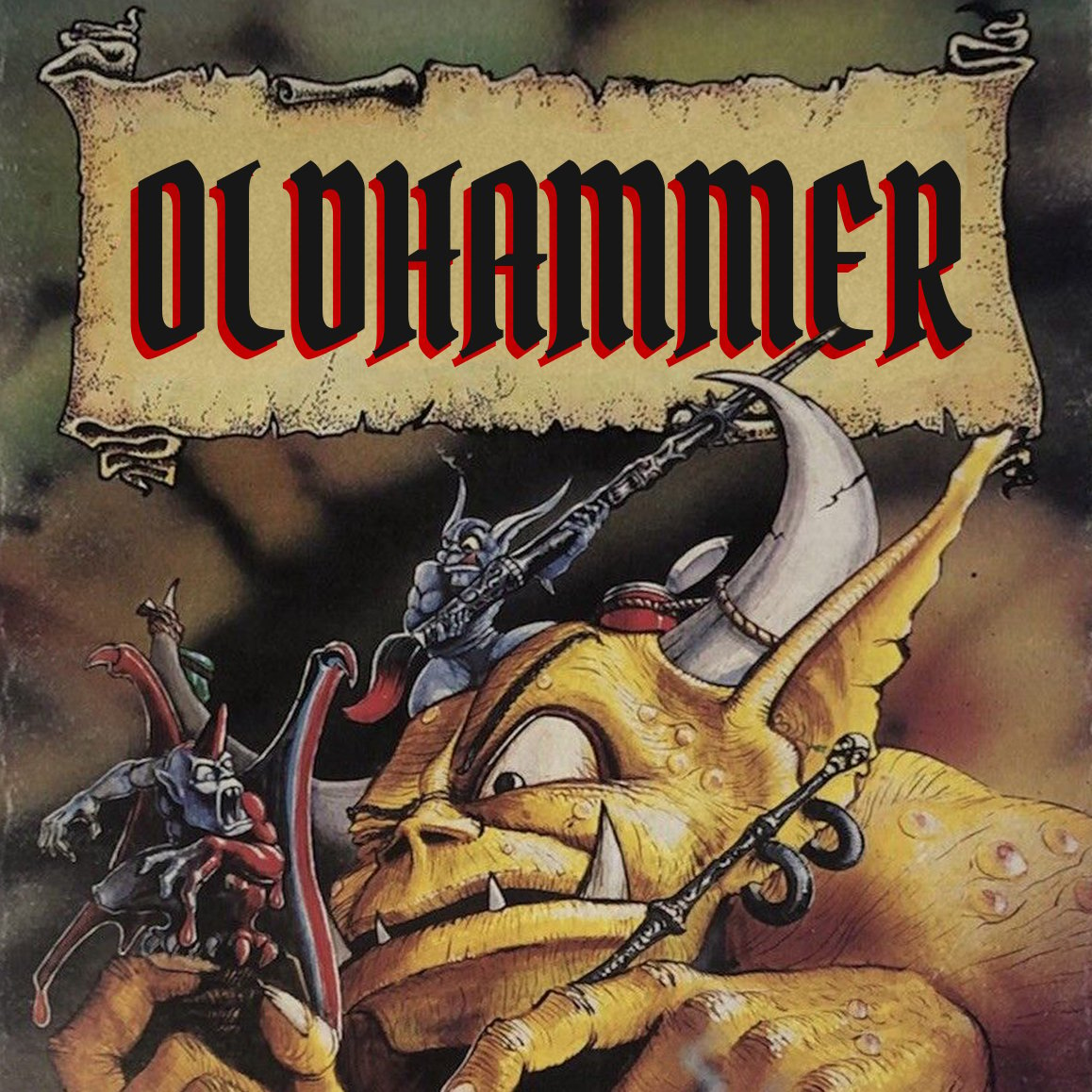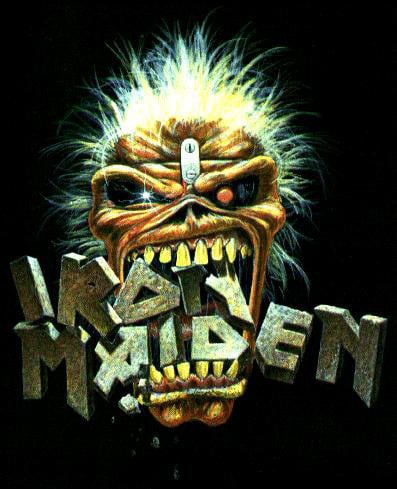Title. There are lots of miniatures which are undoubtedly oldhammer. But how do we count those released during 3rd/4th editions? Things like metal Inquisitorial retinues, Armageddon Steel Legion, some space marine kits like Land Speeder (which is still alive and kicking on the GW website).
I’m no definiative source, but I consider Oldhammer to have become shorthand more for a feeling than a hard cut off.
I think all the forgotten GW scifi side projects in the Rogue Trader era count, as does Rogue Trader and 2e.
3rd edition is sometimes called“Middlehammer” which is a name I agree with. After 3e it becomes modern.
To me the sculpting of the miniatures is a large factor. Oldhammer has hand sculpted figures, which have the far exaggerated hand and head proportions more than even the modern sculpts. Oldhammer has many irregular shapes and designs. Bolters and armor follow guidelines but they are changed up to suit the particular sculpt. Heads and necks tended to be more squished as they were designed by hand sculptors rather than on CAD.
In terms of raw aesthetic choices, there is more overt and specific medieval religious influence in design which is mixed up with 1980s underground scifi comic book aesthetics. It lent itself to a chunky, exaggerated look. Modern 40k still has elements of this but it has become somewhat glossier over time.
Producing plastic miniatures was more primitive, so the designs were either weapons held very tight to the body with no gap (like the original beret Stormtroopers or plastic monopose tactical Marines), or held far from the body in huge exaggerated poses. The realities of production influenced the aesthetic.
3rd Edition sits in a transitional period. You have pewter minis still coming out with these hand sculpted aesthetics alongside more refined plastic kits. The multipose Tactical Marine box of 3rd edition is modern Warhammer replacing the old monopose marines. These new miniatures still exist alongside classic figures in this era.
A separate line of thought is vehicles and their treatment. Oldhammer tended to treat larger vehicles like tanks as something of a centerpiece. Even a Predator tank could be the pride of a marine collection. Something like a Baneblade or other superheavy had to be handbuilt, there was not kit and GW officially encouraged handbuilding. This created a very different kind of aesthetic where obviously handmade miniatures were painted and given the same limelight as official models.
Paintjobs tended towards bright, with chunky color sections, and generally blurred edge highlighting applied to mimic light conditions as opposed to the thin, sharp, and in a way more stylized modern edge highlighting of current Eavy Metal.
Goblin Green bases are the exemplar of this painting aesthetic even if they really only were on the box art for a short period of Oldhammer, and plenty of Oldhammer models had brown or grey bases. What all the bases did share however was simplicity. It is rare to find an Oldhammer model from the period on a very elaborate base. Bases were meant to not catch attention. Urban bases were a single layer of sand painted black and grey, desert the same in khaki. No lava bases with detailed rocks throwing OSL up onto the mini. Blanche would be something of a unique exception among the well known painters here. Blanche by the way, has a great painting style that is unfortunately invoked by people who aren’t mimicking it at all.
Lore and tonewise, there were a lot more mysteries. 40k as a franchise has been around so long that it’s fallen into what I think as partially a trap of explaining EVERYTHING. In Oldhammer times things like the Horus Heresy existed as nothing more than fragmented references. Nobody in or out of universe knew much about it, and that ignorance created an oppressive backsliding kind of vibe to the setting. Whatever happened in the days of the heresy is, much like hope, lost.
Nowadays we know every play by play of every primarch in, sometimes, extricating detail. There is less room to make headcanon which is equally as valid as somebody else’s headcanon to fill in a void, because official canon beat you to the punch.
Honestly, this is a question that everyone has there own answer for. Some people see it as Rogue Trader, some will include 2nd edition, I have even heard some people refer to 5th as oldhammer (damn raggamuffins and their tight pantaloons - I’m talking to you Bricky)!
When I created this community I wanted to include the vibrant colours and goblin green bases of the 90’s as they are so different from the the grimdark that we have today. I decided to pick the turn of the millennium for the cut off as 3rd edition still had plenty of metal miniatures and the grimdark was still very much finding its feet (lots of goblin green bases and blue backdrops to be found in 3rd). Also folks can share some of the awesome minatures for games like Mordheim and Gorkamorka (or even Bommerz over da Sulphur River if anyone has a copy lying about).
Where would you draw the line?
Well. I’m young, I don’t remember the earliest Warhammer. I got my first minis sometime close to the end of 3rd and certainly had 4th edition rulebook. In my personal perception 3rd is old, 4th onwards is blurry, 5th is new. Black Reach is certainly not Oldhammer.



